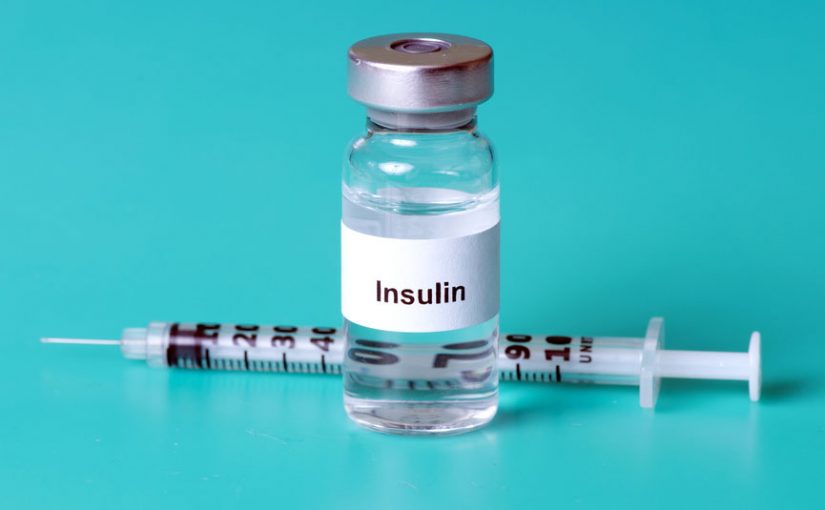As the morbidity rate of type 2 diabetes keeps increasing, about 40 million people with the disease will not have access to insulin for treatment by 2030, a recent study from Stanford University suggested.
斯坦福大学最近的一项研究表明,随着2型糖尿病的发病率不断上升,到2030年,大约有4000万患有这种疾病的人将无法获得胰岛素治疗。
Researchers simulated burden of the disease from 2018 to 2030 across 221 countries using data from the International Diabetes Federation and 14 studies.
研究人员利用国际糖尿病联合会的数据和14项研究,模拟了2018至2030年期间221个国家的糖尿病治疗药物负担。
According to the study, the number of people with type 2 diabetes worldwide will increase from 406 million in 2018 to 511 million in 2030.
根据这项研究,全世界2型糖尿病患者的数量将从2018年的4.06亿人增加到2030年的5.11亿人。

About 79 million people will need insulin to control their condition, while only 38 million will be able to get it if access to insulin remains the same, researchers predicted.
研究人员预测,大约有7900万人需要胰岛素来控制他们的病情,而如果获得胰岛素的途径保持不变,到时只有3800万人能够获得胰岛素。
"These estimates suggest that current levels of insulin access are highly inadequate compared to projected need, particularly in Africa and Asia, and more efforts should be devoted to overcoming this looming health challenge," said Sanjay Basu, lead author of the study.
这项研究的主要作者桑贾伊·巴苏称:“这些预估表明,与预计的需求相比,目前的胰岛素获取水平严重不足,特别是在非洲和亚洲,应该投入更多的努力来克服这一迫在眉睫的健康挑战。”
"The number of adults with type 2 diabetes is expected to rise over the next 12 years due to ageing, urbanization, and associated changes in diet and physical activity," he said.
他表示:“由于老龄化、城市化以及相关的饮食和体育活动的变化,预计在未来12年里,患有2型糖尿病的成年人人数将增加。”
"Unless governments begin initiatives to make insulin available and affordable, then its use is always going to be far from optimal."
“除非各国政府开始采取措施,使人们能够获得负担得起的胰岛素,否则胰岛素的使用总是远远不能达到最佳效果。”













